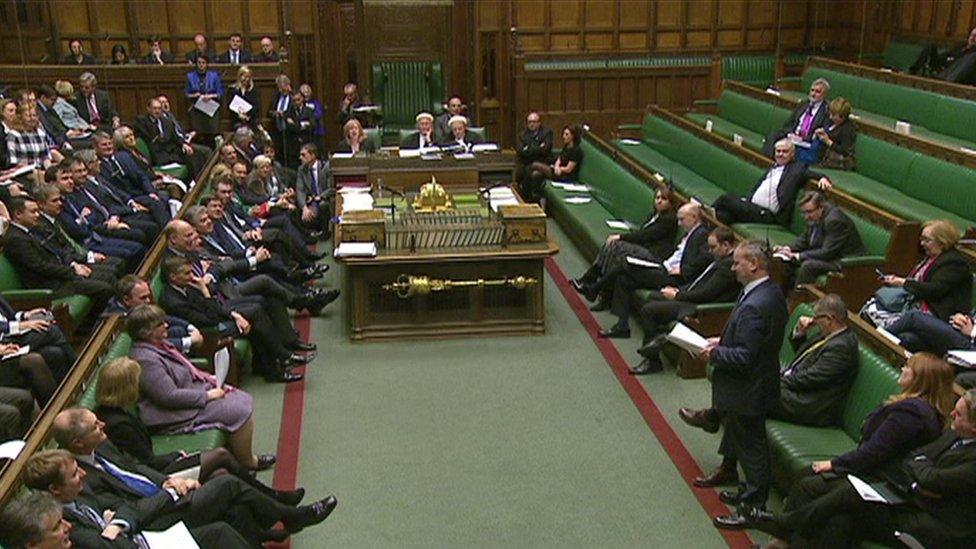English votes: A beginner's guide
- Published
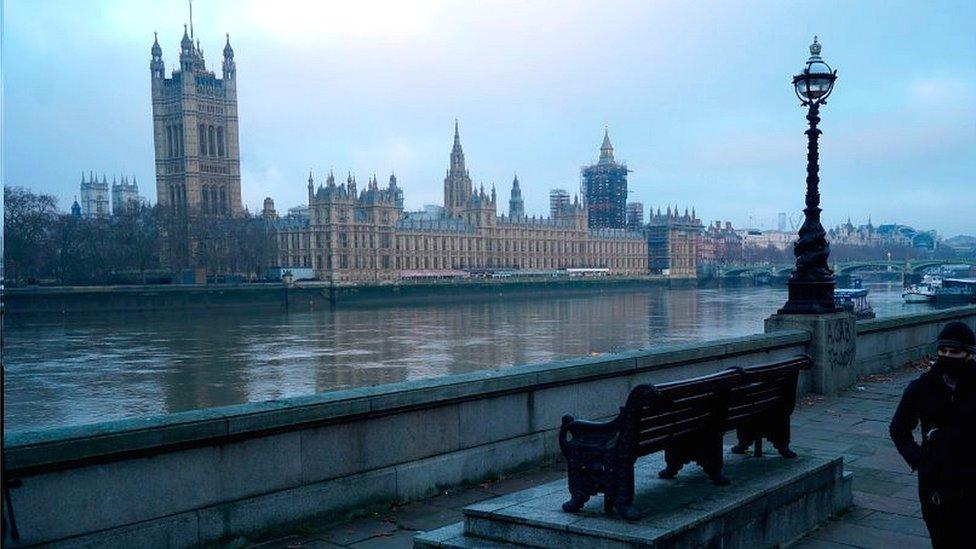
English votes for English laws (EVEL) is a procedure in the House of Commons that gives English MPs a veto over measures that only affect England.
It is an attempt to solve a problem that has dogged Westminster for decades: why should Scottish (and sometimes Welsh and Northern Irish) MPs in Westminster get a say over laws that only affect England, when English MPs cannot vote on laws made by the parliaments in Edinburgh, Cardiff and Belfast?
Now the government wants to scrap it, to give MPs an equal say in Westminster laws - and to shore up support for the Union.
But what exactly does English votes for English laws mean?

Why was EVEL set up?
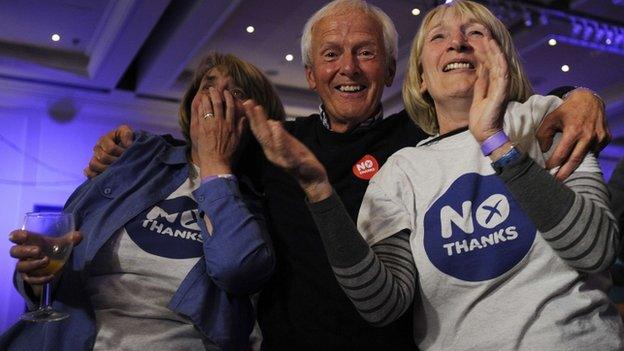
Scots voted against independence with the "No" side winning 2,001,926 votes over 1,617,989 for "Yes"
EVEL came about after the 2014 Scottish independence referendum. When Scotland voted to stay in the UK, the then prime minister David Cameron gave the parliament in Holyrood more powers.
This made the imbalance in the powers of Scottish and English MPs even greater, because English MPs had less say over decisions affecting Scotland while Scottish MPs retained their say over English law.
And because other devolved administrations were also gaining more powers, there were also inequalities between English MPs, and MPs from Wales and Northern Ireland.
If you've heard of the West Lothian Question, external, that's what we're talking about here.
EVEL was an attempt to address these issues without having to set up an English parliament.

So how does it work exactly?
All laws passed at Westminster have to get the backing of the majority of MPs.
The EVEL process added an extra stage to law-making procedures, allowing English MPs to block anything they don't like the look of in bills that are only applicable to England.
Only English MPs are able to sit on the committees which scrutinise these bills in detail, and the bills have to get the consent of a majority of all English MPs before being voted on by the whole House of Commons.
In effect, English MPs have a "veto" over laws that only affect England, while all MPs have an equal final say on every bill.

Potential issues: Follow the money
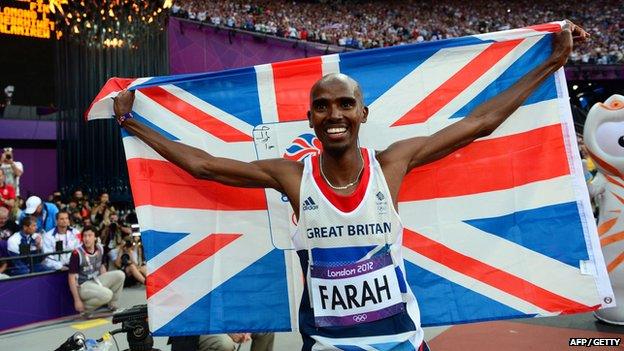
Was spending on the 2012 Olympics for England, or the United Kingdom?
EVEL also creates complicated questions for public spending.
When a spending commitment is made for England - let's say for example on the NHS - there are funding implications for Scotland, Wales and Northern Ireland.
This is because, under the current grant system (the Barnett formula), the funding for devolved administrations is adjusted to take into account changes to public spending in England.
Decisions about how to apply the Barnett formula can be controversial. For example, when spending on the London Olympics was deemed to be UK-wide, rather than England-only, it triggered a row between Westminster and the devolved administrations.
The complex link between funding in England and the other nations is why, according to House of Commons Library research, external, it is "not a simple matter" to decide which bills are England-only.

Potential issues: More power for the Speaker
The Commons Speaker is the one to decide - certify - whether a bill, or sections of a bill, apply only to England, or only to England and Wales.
In practice, parliamentary officials make a recommendation on how to interpret the rules and the Speaker follows their advice, but there will always be winners and losers from each decision.
When the process was introduced, there were concerns it would "politicise" the Speaker, but there have not been any certification decisions that have proved controversial.

What do the opposition parties think?
The SNP has opposed EVEL since its inception, because, they argue, it leaves Scottish MPs with less power in Parliament.
The party's Pete Wishart, MP for Perth and North Perthshire, called it "an unworkable dog's breakfast" that had no support.
He said it would "make Scottish MPs second class in the unitary UK Parliament".
Labour also opposed EVEL's introduction, saying it was a way for the Conservative government, which was dominant in England, to "manufacture" a larger majority.
Related topics
- Published8 July 2021
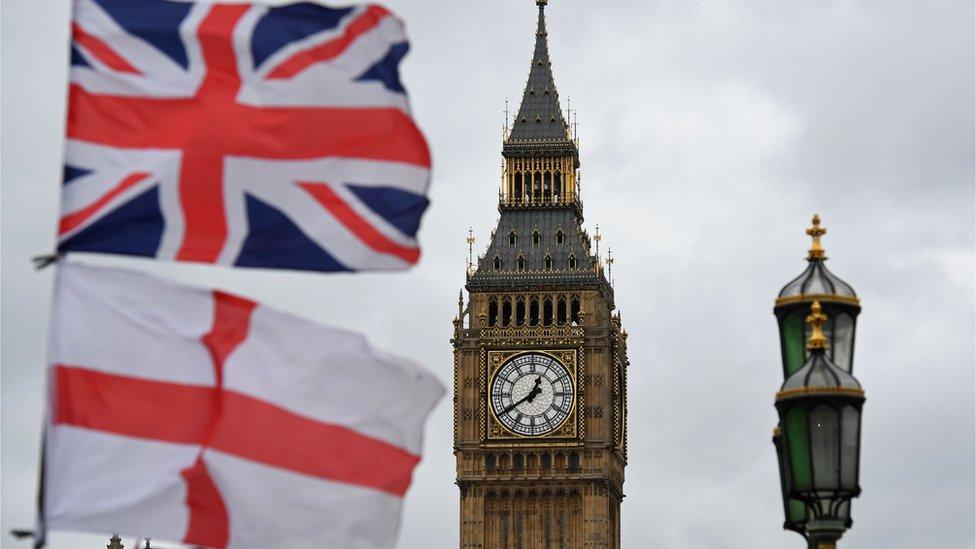
- Published4 February 2020
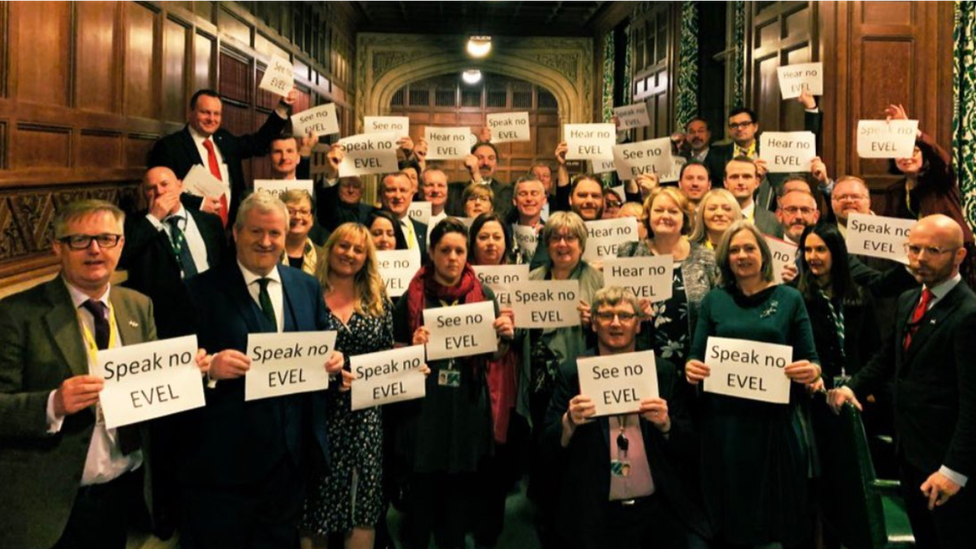
- Published12 January 2016
